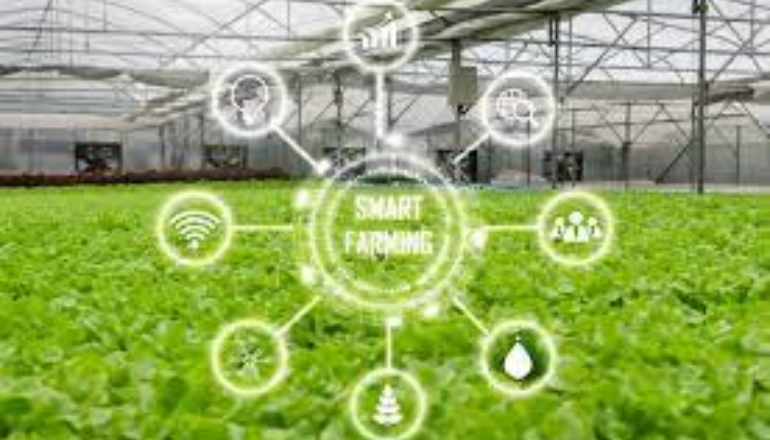Climate-smart farming is reaching Asian countries.
IRRI and BASF have partnered to raise the carbon intensity of rice systems.
BASF and IRRI are collaborating to investigate climate-smart rice farming, including direct-seeded varieties, nitrogen stabilizers, innovative chemistry, nutrient and residue management, and water-saving techniques.
BASF and IRRI have formed a scientific partnership called “OPTIMA Rice” to reduce greenhouse gas emissions from rice production. The partnership, initially scheduled for several Philippine rice seasons, will focus on Laguna, where both organizations have rice research centers. The companies are also incorporating new computation algorithms for estimating greenhouse gas emissions into their ecophysiological model ORYZA.
The goal is to improve scientific knowledge and assist rice farmers in decarbonizing their agricultural systems. The partnership bolsters BASF’s pledge to enable a 30 percent reduction in CO2e (carbon dioxide equivalent) emissions per ton of crop produced by 2030.
Rice, one of the top five cereal crops globally, is consumed by three billion people daily, with most production originating from Asia. Paddy rice production, primarily originating on flooded wetland fields, accounts for 10% of global greenhouse gas emissions. This makes it the most promising agricultural crop to reduce its carbon footprint, the companies said in a press release.
“To make the big strides that are needed to reduce carbon emissions in farming, we need to evaluate how new technologies and tools can come together for more climate-smart agricultural practices,” said Marko Grozdanovic, Senior Vice President, Global Marketing, BASF Agricultural Solutions.
“This collaboration presents immense opportunities for methane and other GHG reductions to create value for farmers and help improve the production of rice in Asia, and the Philippines in particular,” said Bas Bouman, Research Director and Head, the Sustainable Impact Department, IRRI.

